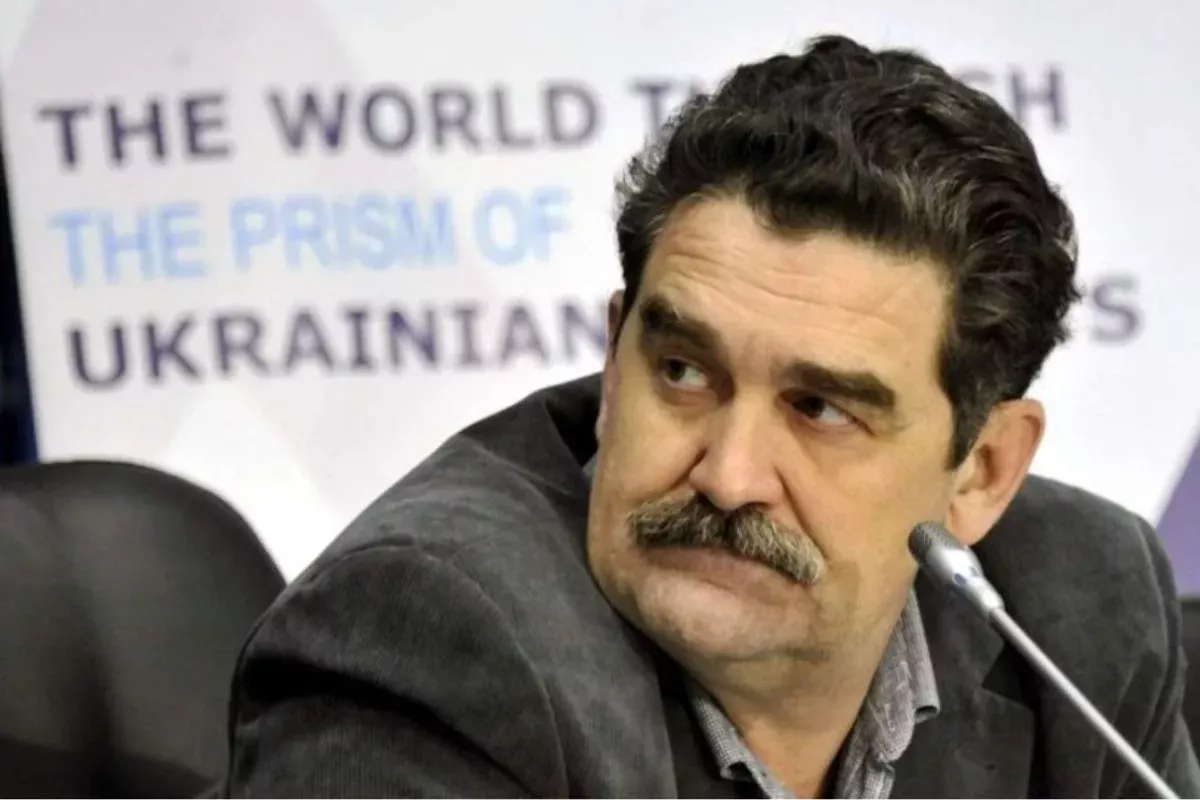Iran between diplomacy and war Analysts predict possible military action
“The likelihood of a military confrontation between Iran and Israel remains very high, but Tehran is trying to prevent a new war in the region,” said Iranian Deputy Foreign Minister Saeed Khatibzadeh, according to the Telegram channel Free Iran.
He added that a war is being waged against Iran, especially in the nuclear sphere, and the International Atomic Energy Agency (IAEA) has been unable to provide support to the country’s nuclear facilities.
Khatibzadeh also commented on the course of the 12-day conflict with Israel, noting that at the start of the clashes, the deaths of commanders caused security issues, but control over the situation was restored within an hour.
Most attention is drawn to the first statement by the deputy foreign minister. Is he correct, and could a new Israeli–U.S. operation against Iran start soon? If so, what would be its main objective? Could there this time be an attempt at the complete and final destruction of Iran’s underground facilities and other technical capabilities for developing nuclear weapons? Is this feasible?
Well-known analysts shared their views on this issue with Caliber.Az.

Israeli military expert and author of the military-analytical YouTube channel, Sergey Auslander, noted that regarding the claim that “control was restored within an hour,” Khatibzadeh is certainly exaggerating.
“After General Hajizadeh, who commanded the IRGC Aerospace Forces, was killed, there was no one to give orders for a counterstrike until the evening of June 13. Some drones were launched haphazardly, and missile strikes occurred only around 9 p.m. In other words, the shelling began on June 13, and complete chaos prevailed there. The fact that their rahbar stayed in some bunker for 26 days speaks volumes about their control over the situation,” the analyst recalled.
Regarding whether a new operation against Iran could begin soon, he responds affirmatively.
“Yes, it could. I generally believe this will happen in the autumn. There’s some sort of deadline, but we don’t know exactly what it is. Surely, it will be like last time. Back then, Trump gave 60 days; the strike came on the sixty-first, because the Iranians refused to make concessions. Right now, the Iranians are behaving exactly the same way. They say, ‘We are willing to negotiate, but…’ and then they start listing conditions: ‘We will enrich uranium ourselves. Don’t touch our missiles, don’t touch our proxies.’ Well, they’re digging themselves into a hole, there’s no other way to put it.
The Americans, on the other hand, say: ‘No, here are our conditions: no enrichment, hand over the enriched uranium, no proxies, no ballistic missiles. If you don’t agree, there will be consequences.’
Sanctions, including snapback, have been imposed. But the Iranians seem not to understand that they are cornering themselves, even though they had a chance to avoid it. Over the past, say, two years – since the strike on General Zahidi in Damascus and the strike in April – every time they escalated, they received an increasingly severe response. Every time, they were made aware that it would get worse. Worse, and worse, and more frightening. Yet they still escalated, and each time, they paid the price,” the expert believes.
He believes that this time the strikes could be stronger, larger in scale, and aimed, among other things, at toppling the regime.
“In other words, there’s no point in trying to pull out the venomous fangs of this viper; it’s simpler to behead it. And then, who knows, something might grow back. This could have even worse consequences, for example. Anything can happen—the Middle East is unpredictable. The collapse of Saddam Hussein’s regime had worse results than planned. But, on the other hand, the Iranians themselves leave no other options. So, once again: they were given chances more than once, even more than twice, but unfortunately, they continue to behave in exactly this way,” Auslander says.

Ihor Semyvolos, Executive Director of the Centre for Middle Eastern Studies (Kyiv), in turn, emphasised that Khatibzadeh’s statement about the “very high” likelihood of a military confrontation, which was circulated by some news agencies, was a strategic signal.
“However, the subsequent clarification by the official himself points to a complex and multilayered Iranian diplomacy, aimed at deterring the adversary while simultaneously preserving space for de-escalation. The contradiction in wording itself confirms the extreme tension in the relations.
A new military operation by Israel, most likely with U.S. support, seems highly probable. Its motives go beyond purely military calculations and include domestic political incentives for the Israeli leadership, particularly the desire to strengthen their authority after the events of 7 October 2023,” the researcher said.
In his view, the main objective of such a potential operation is likely to be broader than merely destroying nuclear facilities.
“Given the limited success of previous strikes on deeply buried Iranian facilities, the focus will shift to undermining the command structure, degrading missile capabilities, and generally destabilising the regime. ‘Complete and final destruction’ of Iran’s underground nuclear facilities using only conventional weapons is a technically unfeasible task. The preservation and possible relocation of key elements of the nuclear programme to even more fortified underground complexes makes this goal unattainable and forces potential adversaries to consider more radical or previously rejected options—or to return to diplomacy.
Thus, while the likelihood of a military confrontation remains high, its primary objective will not be a ‘final solution’ to the nuclear issue, but rather to inflict significant damage on Iran’s deterrence infrastructure, forming part of the ongoing ‘shadow war’ between the two states,” Semyvolos believes.








